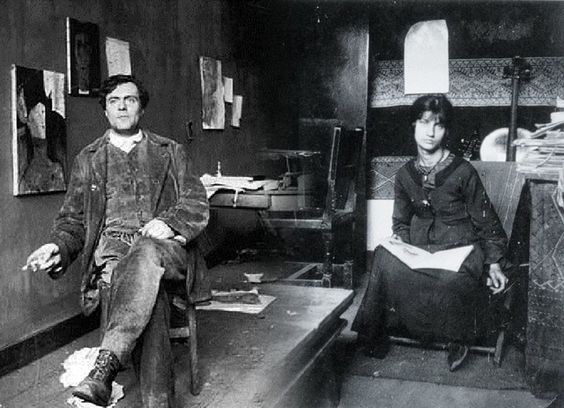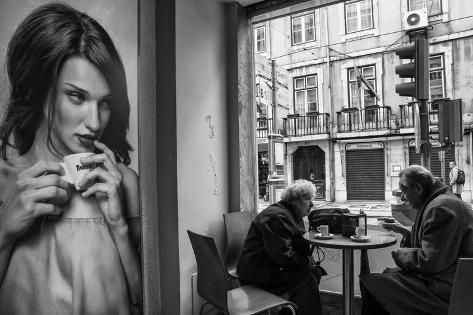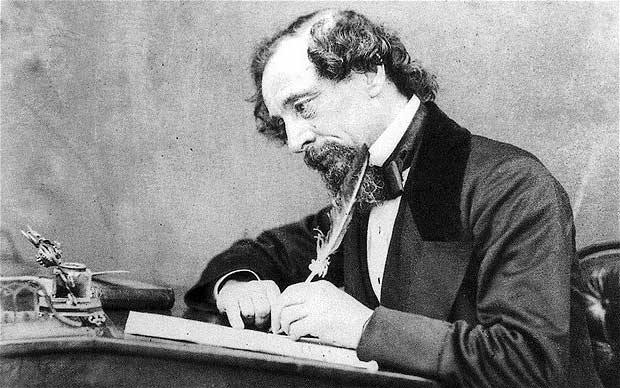The Camino began for me not with a step, but with a storm. A rain so heavy it felt personal, as if the sky had reached its breaking point and simply… let go. Sheets of water poured over the hills, over the villages, over us. It wasn’t gentle cleansing, it was the universe emptying its pockets, rinsing the world of all the dust and leftover sins. Somewhere between laughing and shivering, I thought: If the Camino is a pilgrimage, this rain is my baptism.
By the time the clouds moved on, I swear my soul felt newly polished. Angels, really. That’s what we were. Or aspired to be. Read more






